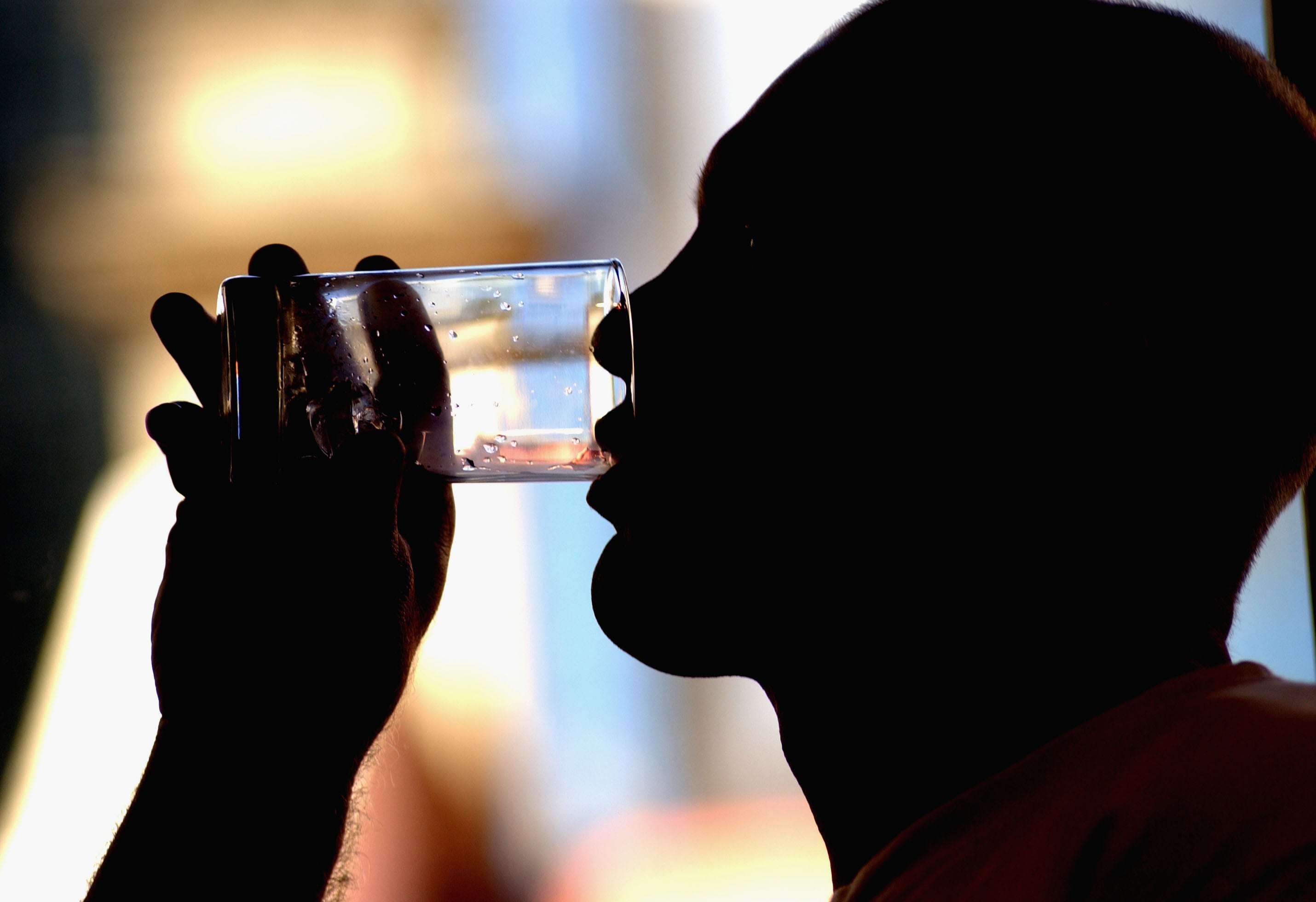Your support helps us to tell the story
From reproductive rights to climate change to Big Tech, The Independent is on the ground when the story is developing. Whether it's investigating the financials of Elon Musk's pro-Trump PAC or producing our latest documentary, 'The A Word', which shines a light on the American women fighting for reproductive rights, we know how important it is to parse out the facts from the messaging.
At such a critical moment in US history, we need reporters on the ground. Your donation allows us to keep sending journalists to speak to both sides of the story.
The Independent is trusted by Americans across the entire political spectrum. And unlike many other quality news outlets, we choose not to lock Americans out of our reporting and analysis with paywalls. We believe quality journalism should be available to everyone, paid for by those who can afford it.
Your support makes all the difference.Public health officials have told residents of Canada’s northernmost capital not to use tap water for drinking and cooking due to suspected fuel contamination in the city’s water supply.
The city council of Iqaluit declared a state of emergency Monday and later urged its 7,000-plus residents not to swallow water when taking a shower. Municipal authorities said they were investigating “infiltration into underground chambers” at a city water treatment plant as the potential source of contamination but have not ruled other possibilities.
Several residents of Iqaluit, which has a large Inuit population, complained earlier this month that water from their taps gave off a fuel-like odor. The city, located some 1,200 miles north of Montreal, said as recently as 4 October that tests had indicated the quality was satisfactory, though it reversed course this week.
Authorities said they were waiting for lab results to confirm the type and concentration of suspected hydrocarbon contaminants found in the water supply.
The water crisis is a significant blow to people living in the remote Arctic city, who already pay some of the highest grocery prices in Canada. As of Wednesday afternoon, Iqaluit’s two major grocery stories had run out of expensive bottled water and water jugs, Canada’s Globe and Mail newspaper reported.
The city was providing treated water from water dispensing stations, and Iqaluit Mayor Kenny Bell told local media Wednesday that the government of Nunavut, the territory that the city is in, is sending over 21,000 gallons of water by plane.
Some residents headed to the nearby Sylvia Grinnell River to collect clean water. Yipeng Ge, a doctor, went after work to fill up two water jugs he was given by his hospital. He boiled the river water for five minutes - much longer than the city had recommended - just to be safe.
Everyday activities like brushing his teeth and showering were now cumbersome, but Mr Ge said he considered himself fortunate. “Not everyone has access to [water] jugs - without them, it makes getting water very hard,” he said in an interview.
Canada, which sits astride the Great Lakes, is one of the world’s most water-rich countries: roughly 20 percent of the globe’s freshwater resources is located within its territory. But access to clean, affordable water is less than equal. Water on Indigenous reserves has for decades been contaminated with various chemicals or bacteria, tough to access or at risk because of broken-down water systems that can take years to fix.
Seventy-three per cent of the First Nations’s water systems are at a “high or medium risk of contamination,” according to the Council of Canadians, a social justice group. Several Indigenous communities have lived with water advisories for nearly three decades and in a 2016 Human Rights report, some families said they limited the number of showers and baths their children took, fearing poor-quality water.
In 2015, Prime Minister Justin Trudeau campaigned on a promise to end all long-term drinking-water advisories - those longer than 12 months - on First Nations reserves by March 2021. But the deadline has been pushed back. Indigenous Services Canada, a federal government body, did not return a request for comment early Thursday.
The Washington Post

Join our commenting forum
Join thought-provoking conversations, follow other Independent readers and see their replies
Comments